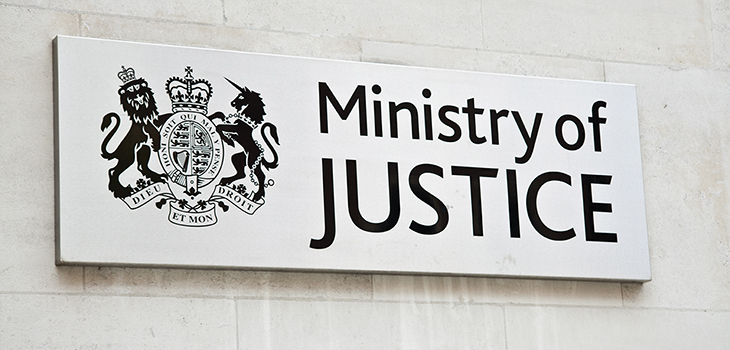
The COVID-19 emergency has exposed many weaknesses in our economy caused by ten years of austerity, increased privatisation, and the concept of just in time delivery. Having spare capacity in hospital beds or court rooms was considered inefficient by the government.
Prudent businesses have long had disaster recovery plans to cope with severe emergencies no matter how unlikely but it seems that the country did not have one for this pandemic.
In the criminal justice system, waiting lists for trials had built up before the pandemic following cuts to the MoJ budget which had led to closure of courts. With all jury trials cancelled in March we now face an unprecedented crisis with a backlog of 40,000 trials.
The MoJ has trumpeted the creation of ‘Nightingale’ courts to tackle the backlog, but ten temporary courts cannot make up for the hundreds of courts that have been closed.
Five years ago, I highlighted the damage









